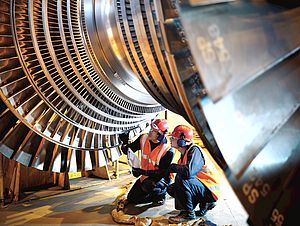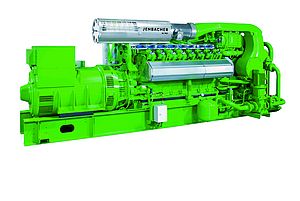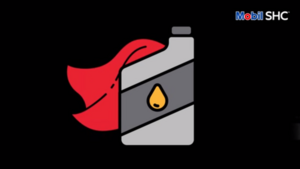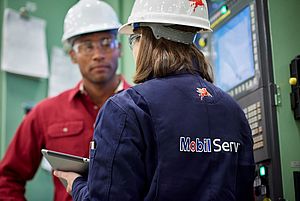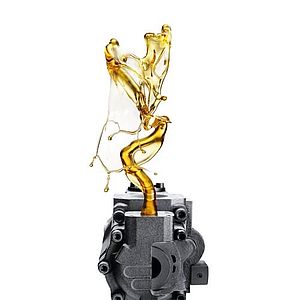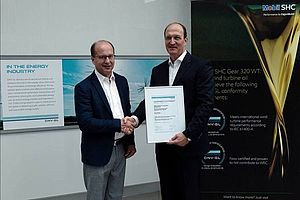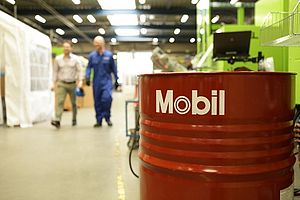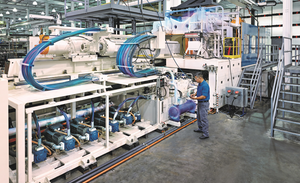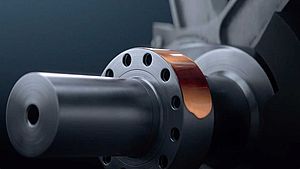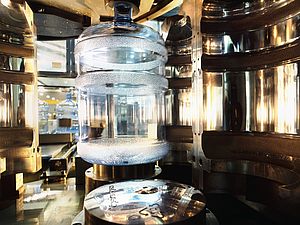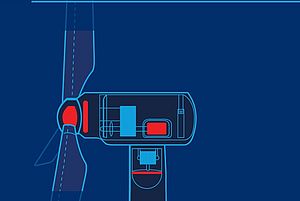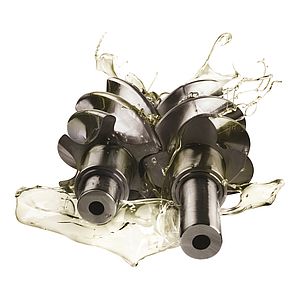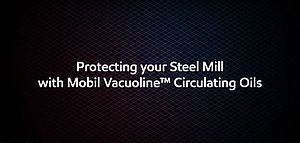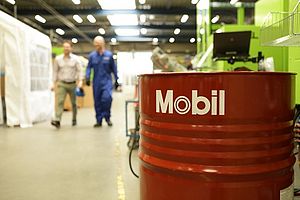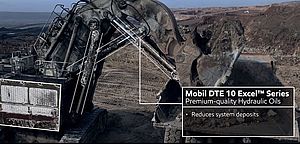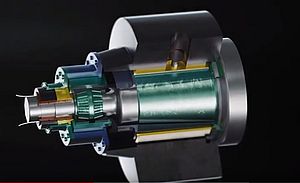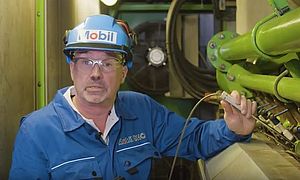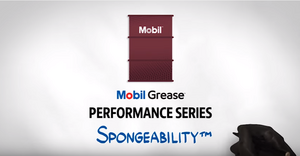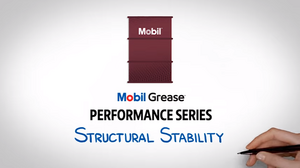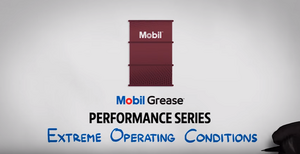An electric motor is a vital piece of equipment in today’s modern manufacturing processes – it can be found in practically every type of operation across a range of industries from iron and steel through to pulp and paper. With businesses under increasing pressure to reduce costs and increase productivity, the emphasis on care and maintenance of such equipment is rising. Part of that maintenance involves choosing the right grease.
In electric motors, more than 90 percent of bearing failures are due to over-greasing which causes seals to burst, allowing the grease to bypass the bearing and go straight into the motor windings. Another frequent cause of electric motor failure is misalignment.
There are many methods to use to align the components, but what is most important is to align to tight tolerances. By choosing the right grease, companies may significantly reduce their annual operating costs, improve bearing performance, increase protection for long electric motor life and increase their overall productivity.
Selecting the right grease
Grease is a semi-solid lubricant composed of a base oil, thickener and additives, and is frequently used as an electric motor bearing lubricant because of its ease of application and specific characteristics. Not only can it reduce friction and prevent everyday wear and tear, but the right grease can protect against corrosion and acts as a seal to keep out dust, dirt, waste and other atmospheric contaminants.
Selecting the correct viscosity of grease for an application is the most important factor influencing electric motor bearing lubrication. Once the appropriate viscosity and type of grease have been selected, ensuring the correct level of lubricant release is the next challenge towards trouble-free grease lubrication. Any factor that affects a grease’s ability to provide lubricating oil to an application in a controlled manner will negatively impact the grease’s ability to provide effective lubrication. This, in turn, can lead to lubrication failure which can be costly.
In service, a grease can be affected by number of factors including excessive mechanical shear, low and high temperatures, thermal-oxidative degradation of thickener and lubricating oil, as well as water ingress and other contaminations that can inhibit the ability to provide optimum lubrication and peak performance.
When selecting a grease to protect electric motor bearings, operators should select a lubricant which offers the following performance benefits:
• High temperature performance and low oil release: Electric motor bearings, especially the outboard bearing, often operate at higher temperatures than other equipment. This is why high temperature performance and low oil release are so important to performance. Even a totally enclosed, fan cooled motor can run at a steady 95°C / 200°F
• Corrosion protection: Electric motors are “wet” by exception but not by design, and by running at, often, high temperatures, water can evaporate more quickly leaving the bearings potentially exposed to corrosion. If the use of the motor is intermittent then a grease offering corrosion protection can be beneficial to protect against possible condensation when the bearing cools down in a humid atmosphere
• Low temperature performance: A grease designed to operate at low temperatures can be beneficial during the start-up of electric motors which are exposed to winter conditions as the resistant torque can damage seals
The base oil used in electric motor greases can be mineral or synthetic with the majority of mineral oils providing sufficient protection for most electric motor bearing applications. However, more advanced synthetic base oils may be needed where motors are exposed to extreme temperatures or where longer re-greasing intervals are desired. The thickener in the synthetic oil acts as a carrier and prevents it from leaking out of the application. Some common thickeners include metallic soaps that can be composed of calcium, lithium, sodium, aluminium or barium, and complex metallic soaps such as lithium-complex.
A thickener increasingly employed to protect electric motor bearings is polyuria and this is a key part of the make-up of Mobil Polyrex™ EM Series - a range of greases engineered specifically for use in electric motor bearings and able to withstand degradation under high temperatures and speed. ExxonMobil’s proprietary polyurea thickener may provide outstanding ability to lubricate bearings at very high temperatures. The Mobil Polyrex EM range can operate at temperatures from as low as -20°C up to highs of 160°C. It also helps increase equipment protection, extend re-lubrication intervals and reduce maintenance costs.
Reducing downtime
One case that demonstrates the potential value of using an advanced grease such as Mobil Polyrex EM is from a steel manufacturer in Russia where the use of this high-performance grease significantly improved the service life of bearings.
The company used a 185kW blower electric motor for hot aluminising aggregate, reaching speeds of 2900-4500 rpm. The combination of these speeds with working temperatures up to 120°C resulted in bearings beginning to fail after a short life span. On closer inspection by an ExxonMobil field engineer, a recommendation was made to use Mobil Polyrex EM. The previous grease used lasted only one and a half months before the bearing failed but Mobil Polyrex EM successfully performed for nine months, demonstrating a six times longer service life*compared to the previous grease.
Using the right grease is not only important to ensure the smooth running of equipment but it can also have a positive effect on the wider business. By using the right grease and ensuring electric motors are cared for and well maintained, companies using Mobil-branded greases to protect their electric motors can reduce downtime, cut repair costs and increase productivity.
For more information about ExxonMobil’s range of Mobil-branded lubricants and services, please contact the ExxonMobil Lubricants Technical Help Desk on Technical Help Desk on TechDeskEurope@exxonmobil.com or +420 221 456 426, or visit www.mobilindustrial.com.
* This proof of performance is based on the experience of a single customer. Actual results can vary depending upon the type of equipment used and its maintenance, operating conditions and environment, and any prior lubricant used.




